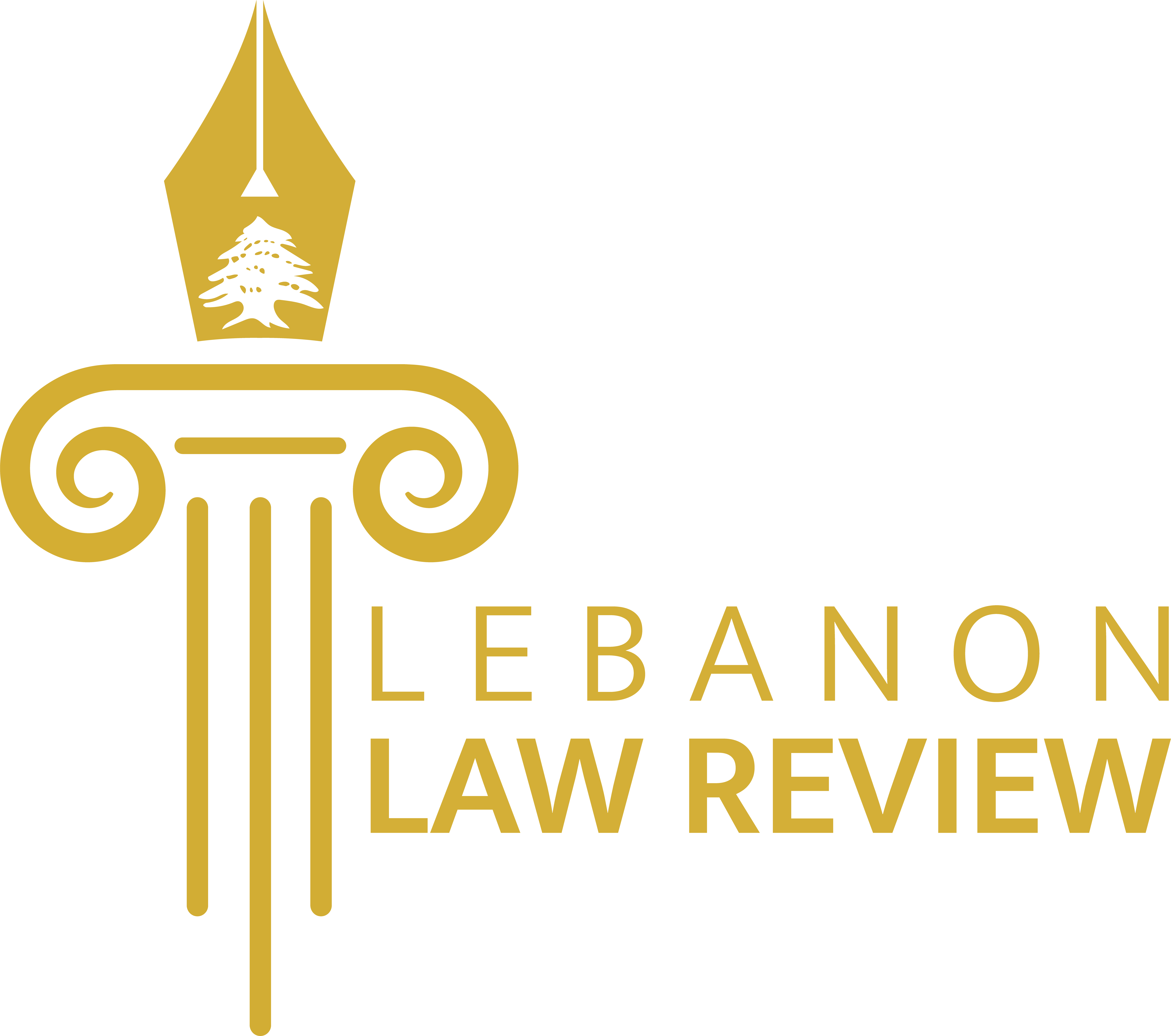Abstract
Money Laundering is a serious financial crime that aims to legitimize illegitimate funds. Considered for the most part a predicate crime, Money Laundering is criminalized in most of the world’s jurisdictions and tends to be associated with other more serious crimes such as the globalized financing of terror. Money laundering has greatly evolved as a result of the globalization of the world’s financial and economic activities with the advent and popularization of the internet. However, it remains a tripartite process of placement, layering, and integration. This is despite its many forms, which include cybercrime and reverse money laundering inter alia. The negative effects of money laundering are wide-ranging and severe.
This article discusses both the international and national (Lebanon) legislation and procedures aimed at combatting money laundering and concludes that it is not enough. Increased international cooperation is required to effectively combat money launderers, and law enforcement agents must be equipped with adequate and effective crime-fighting tools and capabilities.


